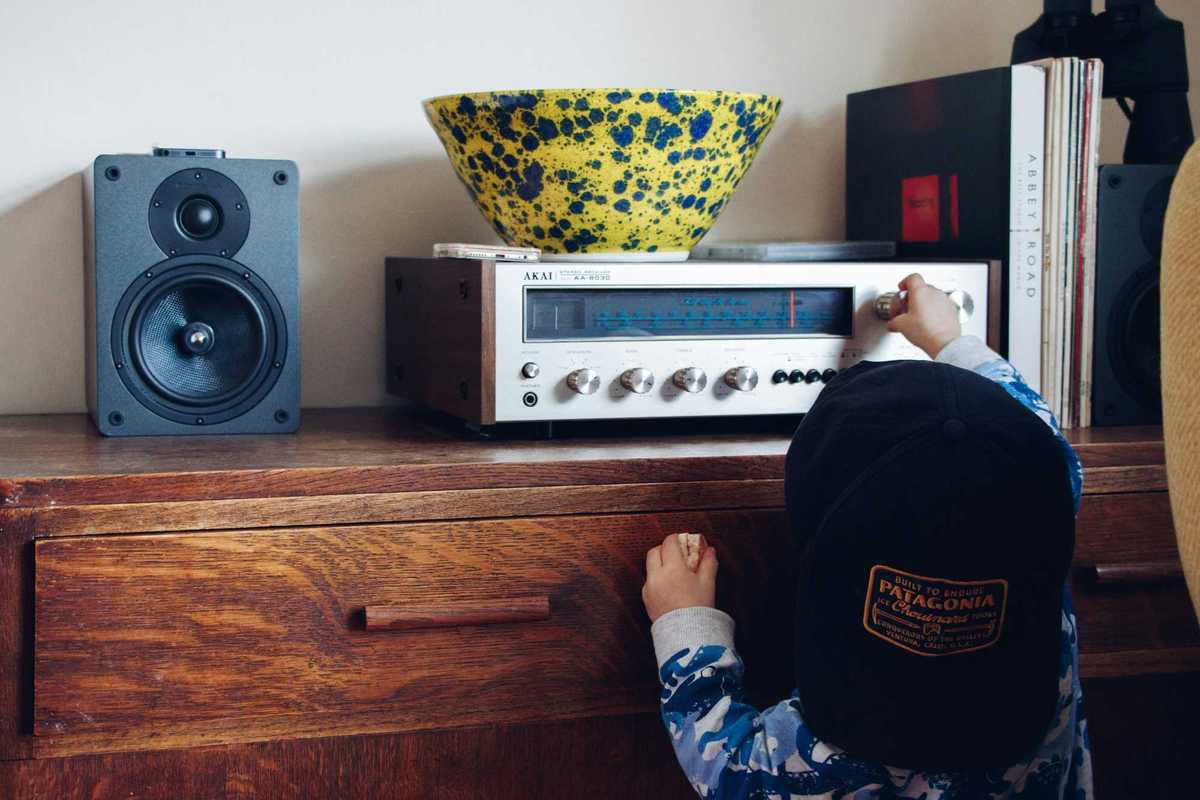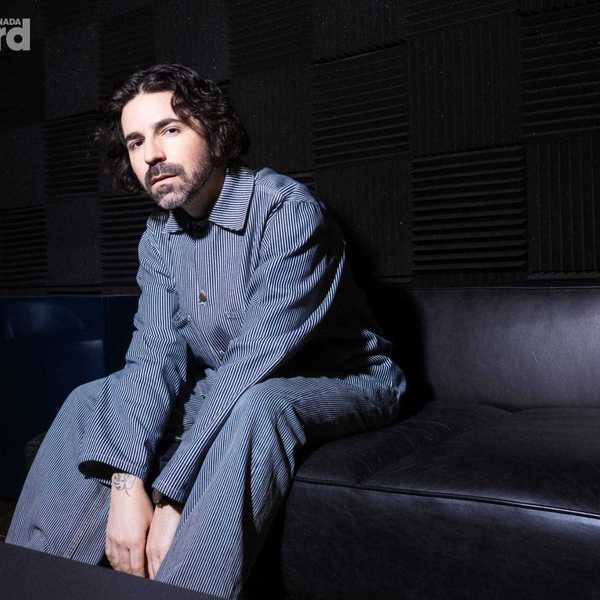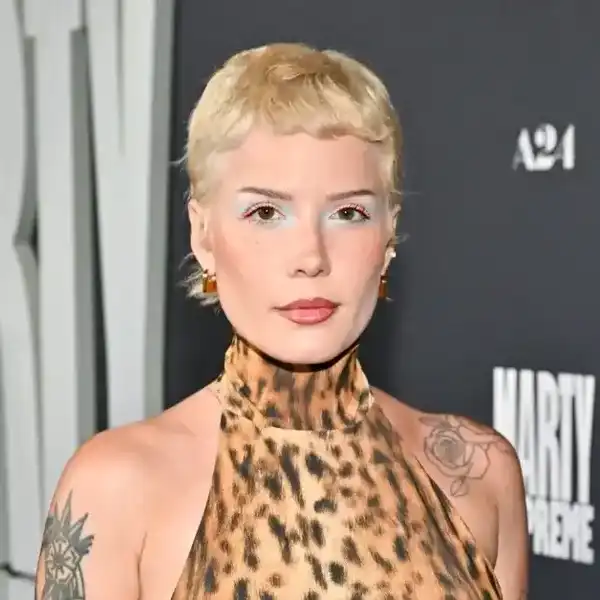Five Questions With… Roxanne Potvin
On her new five-song EP All It Was, Juno Award-nominated singer/songwriter, multi-instrumentalist and producer Roxanne Potvin goes deeper into her personal journey, adding more elements to an ever-expanding sound.

By Jason Schneider
On her new five-song EP All It Was, Juno Award-nominated singer/songwriter, multi-instrumentalist and producer Roxanne Potvin goes deeper into her personal journey, adding more elements to an ever-expanding sound.
Having taken full control of her career with the self-produced, independently released 2016 album For Dreaming—containing the singles “I Thought I’d Miss You” and “The March”—All It Was builds on its predecessor’s “roots-pop” approach with the help of Potvin’s loyal team that includes guitarist Christine Bougie, organist Jesse O’Brien, bassist Mark McIntyre, drummer Olivier Fairfield and others.
The EP’s psychedelic-tinged title track sets the tone for a lyrical exploration of love’s complexities, with Potvin also incorporating deep Southern soul on “I Know It’s Good,” bittersweet balladry on “Last Days Of Summer,” breezy pop on “Lonely Island,” and mesmerizing nouvelle chanson on “Nuit Électrique.”
All It Was marks Potvin’s first release with Comino Productions, and its label imprint Comino Music, which has helped produce a “video EP” that will serve as a companion piece to the music. The videos are directed by Ottawa visual artist Petr Maur and offer dynamically different perspectives on the songs, as well as placing Potvin on the cutting edge of providing listeners with a complete audio/visual experience.
Roxanne Potvin officially launches All It Was with shows at Live On Elgin in Ottawa on Sept. 21 and The Painted Lady in Toronto on Sept. 22. For more info go to roxannepotvin.com.
What makes All It Was stand apart from your previous work?
It’s probably the batch of songs in which I’m most candid about my personal life. On the last couple of albums, I was writing from a much more imaginary space. Some songs don’t recount real-life experiences on this EP—“Lonely Island” is an obvious example, although I did write the song on an actual island—but I was writing mostly about the experiences I was having at the time, which isn’t always the case.
What songs on the EP are you particularly proud of and why?
I don’t have an answer for that. I’m pretty happy overall with how the EP came out. I think each song has something interesting about it and things I would probably go back and redo with a bit of hindsight. I’m pleased with how “Nuit Électrique” came out—it was one of my rare co-writes, and it was such an organic, effortless experience writing it.
How would you describe your artistic evolution so far?
I kinda look at it like driving with my eyes closed, trusting my gut to guide me. On a sinuous road! There were periods of time when that was extremely scary, especially in the beginning when I didn’t have a clear idea of who I was, only the intuition that I wanted to write my own songs. I didn’t know if I had what it took to have the career in music that I desperately wanted. It sounds cliché, but once I reconnected with the sheer joy of just trying and experimenting out of love for music, a more childlike approach, without the pressure of achieving “results", the evolution became a lot less stressful and I started trusting myself more and more.
What's been the most significant change in your life over the past year?
There have been so many, personally and professionally. This past year has been a whirlwind in all areas of my life, in mostly positive ways. Professionally, the biggest change is my recent association with Comino Productions as managers and label. After working as an indie for many years, it feels great to have people around who care about what you’re doing and want to help push things further. To be able to bounce ideas off each other and visualize and define your goals together is motivating.
If you could fix anything about the music industry, what would it be?
I would change the distribution of income in favour of artists on digital platforms: YouTube, Spotify, etc. These platforms are making billions using content created by people who are barely scraping by for the most part; it’s incredibly unfair and unbalanced in my opinion.

















